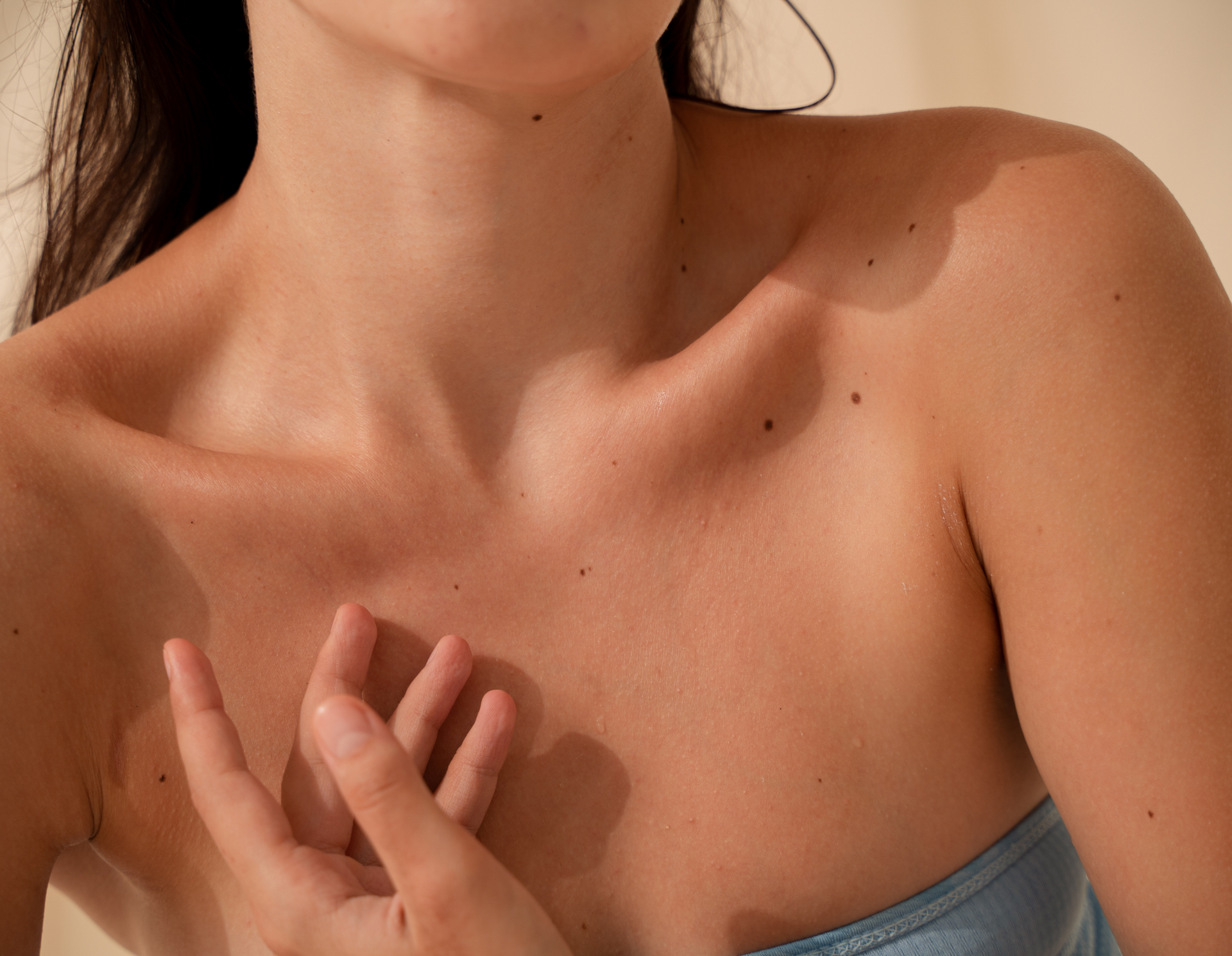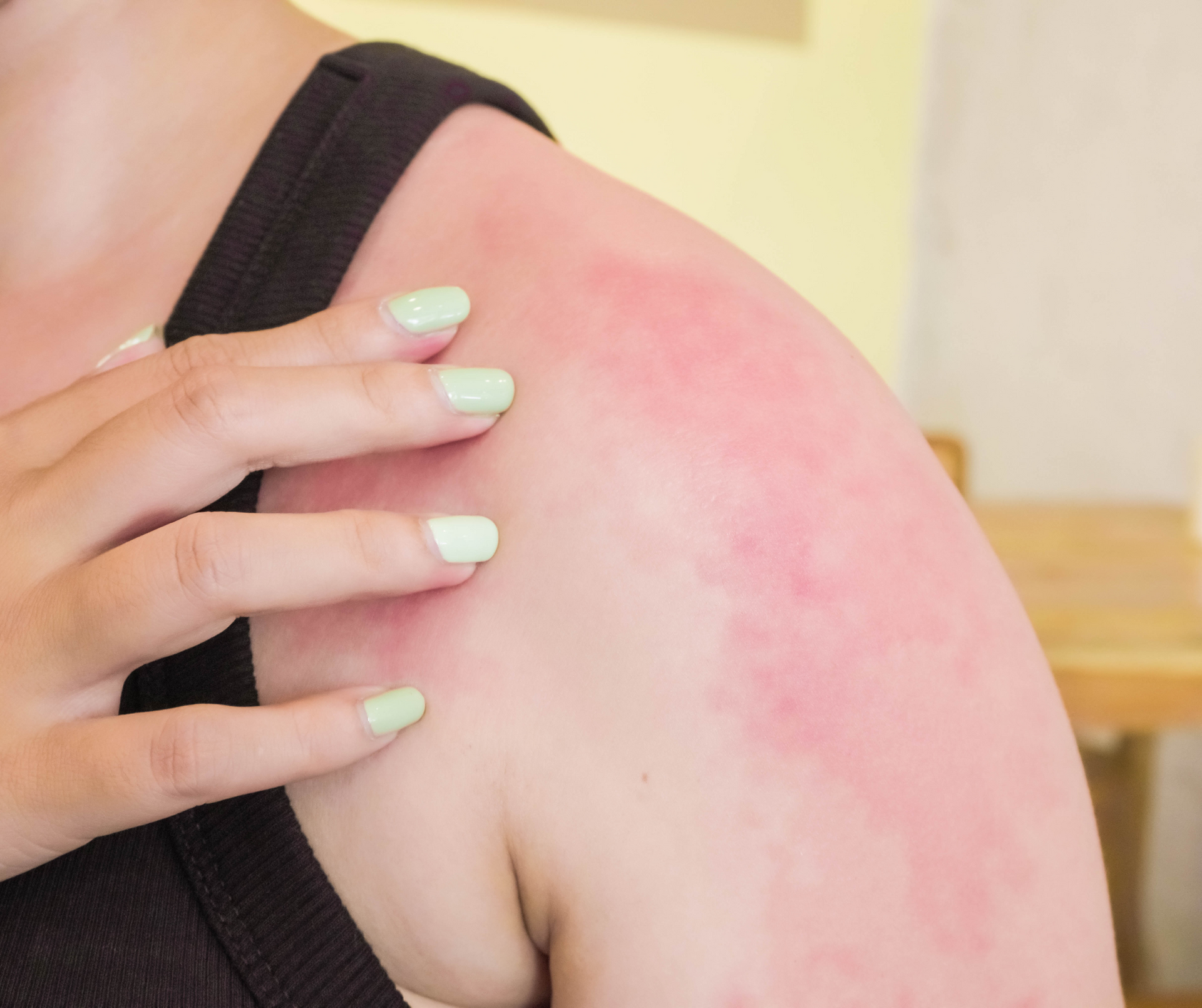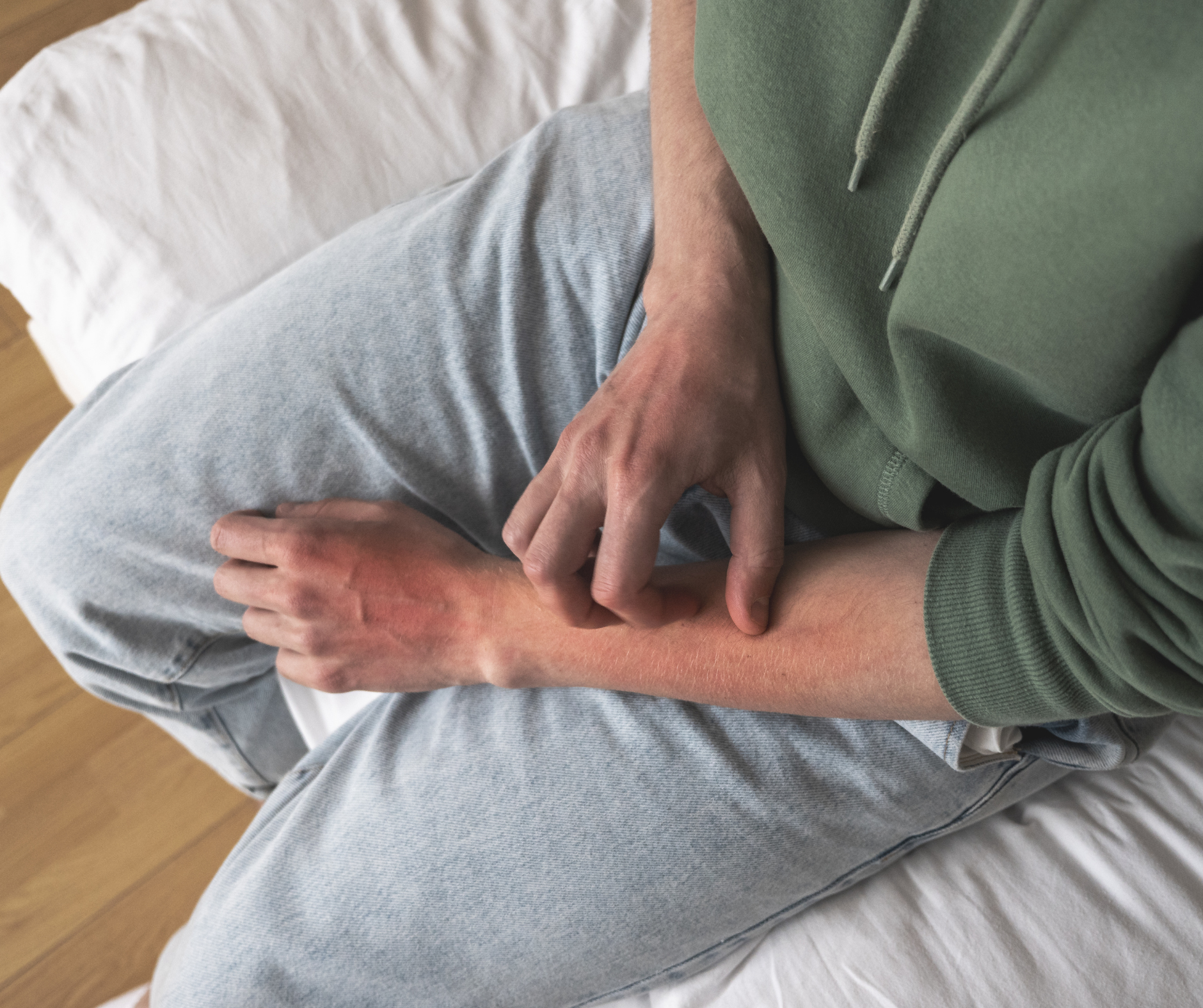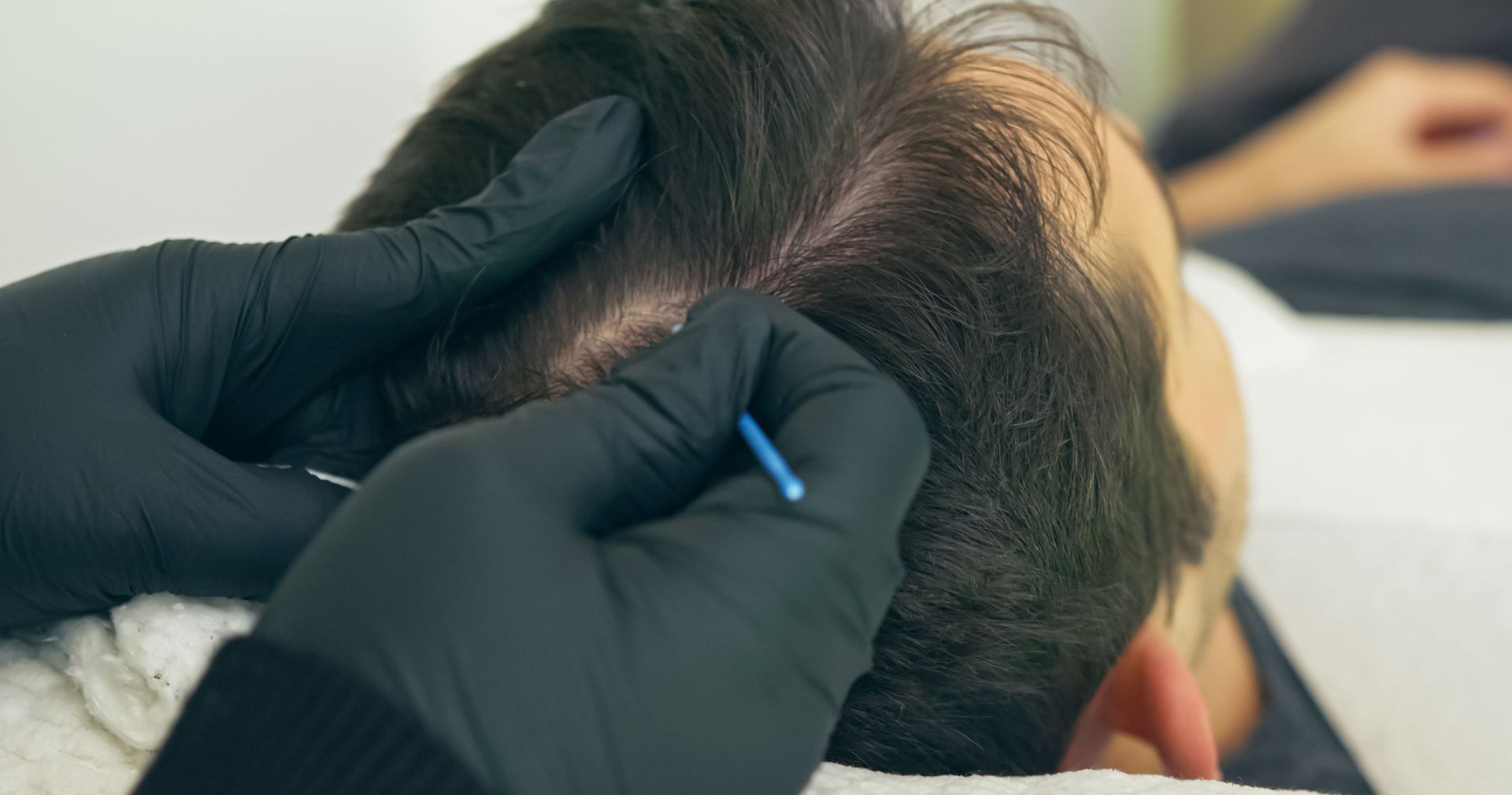Managing Dry and Irritated Skin During Cancer Treatment
Gentle Skincare Solutions for Chemotherapy and Radiation Side Effects
Cancer treatments such as chemotherapy and radiation therapy can take a significant toll on the skin, often leading to dryness, irritation, redness, and increased sensitivity. While these treatments are essential for fighting cancer, they can disrupt the skin's natural barrier, making it more vulnerable to damage. Understanding how to care for your skin during treatment can help soothe discomfort and promote overall skin health.
Why Does Cancer Treatment Affect the Skin?
Radiation and chemotherapy impact rapidly dividing cells—including not only cancerous cells but also healthy skin cells. This can lead to common side effects such as:
- Dryness and flaking – The skin loses moisture and becomes rough or scaly.
- Redness and irritation – Radiation therapy, in particular, can cause localized redness similar to sunburn.
- Increased sensitivity – Skin may become more reactive to products and environmental factors.
- Peeling or cracking – A weakened skin barrier may result in painful cracks, increasing the risk of infection.
Skincare Tips for Managing Dry and Irritated Skin
A gentle, nourishing skincare routine can help manage these side effects and support skin recovery.
1. Choose a Gentle, Hydrating Cleanser
Harsh soaps and exfoliating cleansers can strip the skin of essential moisture. Instead, opt for a fragrance-free, sulfate-free cleanser that hydrates while cleansing. Look for ingredients such as:
- Aloe vera – Helps soothe inflammation.
- Glycerin – A humectant that attracts moisture to the skin.
- Colloidal oatmeal – Calms irritation and reinforces the skin barrier.
2. Keep Skin Moisturized
Daily hydration is essential for protecting the skin. Apply a rich, fragrance-free moisturizer immediately after bathing while the skin is still damp to lock in hydration. Ingredients to look for include:
- Hyaluronic acid – Retains moisture.
- Shea butter – Provides deep hydration.
- Ceramides – Strengthen the skin barrier.
3. Protect Your Skin from Irritants
- Avoid hot showers that can strip the skin of oils.
- Use soft, breathable fabrics like cotton to prevent friction.
- Pat skin dry instead of rubbing after washing.
- Avoid fragrances and alcohol-based products that can cause irritation.
4. Soothe Redness and Sensitivity
Radiation can cause radiation dermatitis, leading to redness, itching, and burning sensations. Using soothing balms or cool compresses can help. Look for products with:
- Calendula – Known for its anti-inflammatory properties.
- Chamomile extract – Helps calm irritated skin.
- Panthenol (Vitamin B5) – Supports skin healing.
5. Prioritize Sun Protection
Skin treated with radiation becomes more sensitive to UV rays, making sunscreen a crucial step. Choose a broad-spectrum SPF 30+ sunscreen that is:
- Mineral-based (zinc oxide or titanium dioxide).
- Fragrance-free and non-irritating.
- Lightweight but moisturizing.
Choosing Skincare Products for Cancer Patients
Selecting the right skincare products is crucial for those undergoing chemotherapy or radiation. Nurse Holly Aesthetics understands the unique needs of patients undergoing treatment and recommends gentle, dermatologist-approved skincare options tailored to sensitive skin. Whether you’re looking for deeply hydrating solutions or soothing balms, prioritizing safe and effective skincare can make a significant difference in your skin’s comfort and resilience.
By taking proactive steps to care for your skin during cancer treatment, you can help
reduce discomfort, prevent complications, and maintain healthy, nourished skin. Always consult with your healthcare provider or dermatologist before starting any new skincare regimen.







Business Hours
By Appointment Only
Check Availability - Convenient Booking Online




Share On: